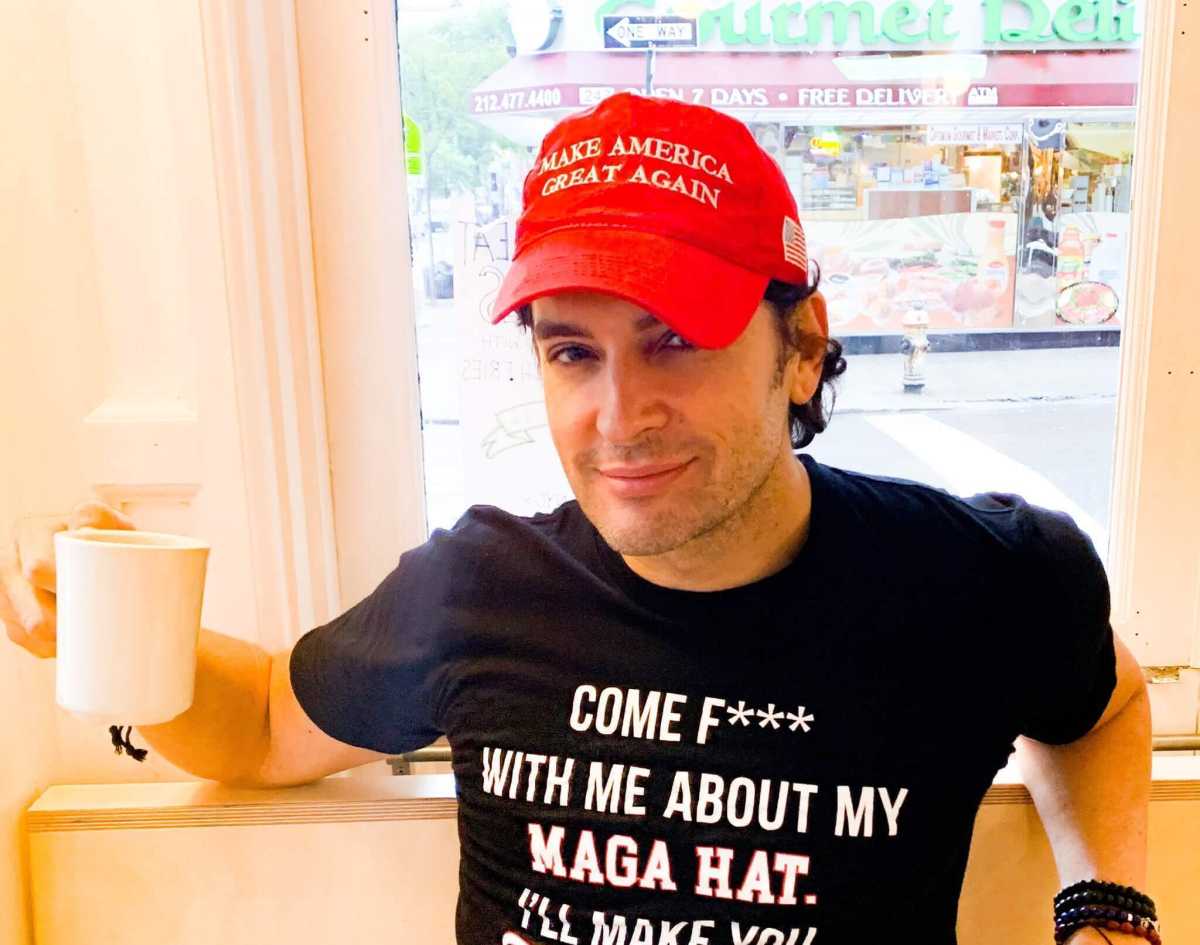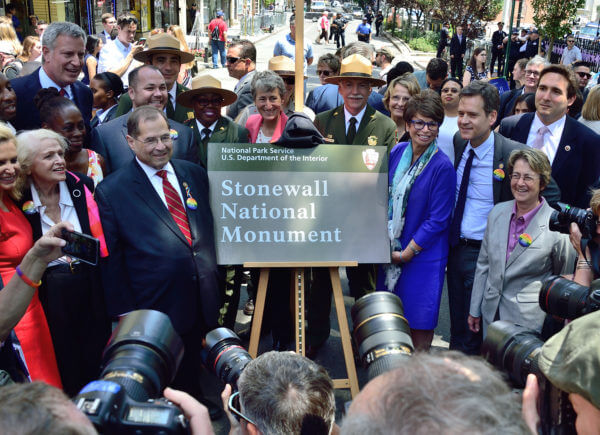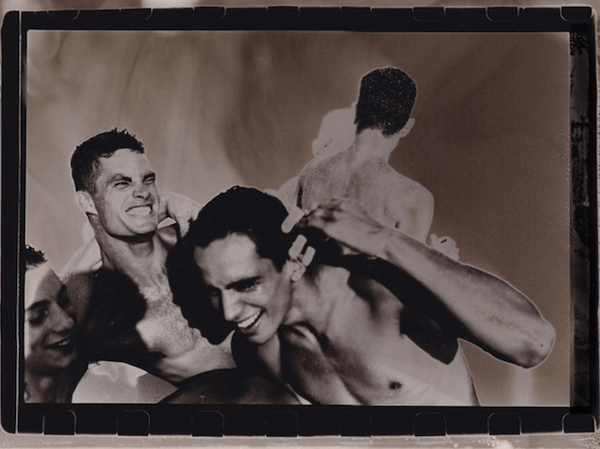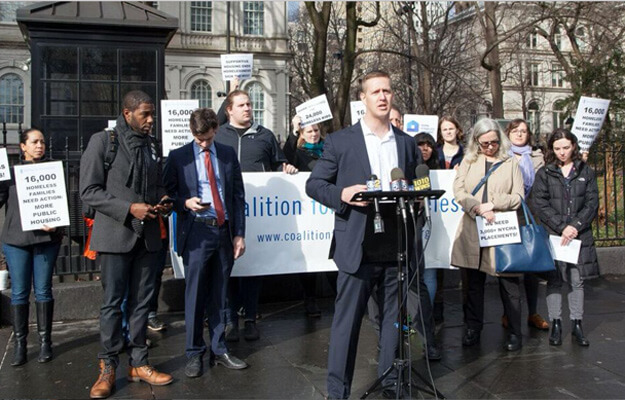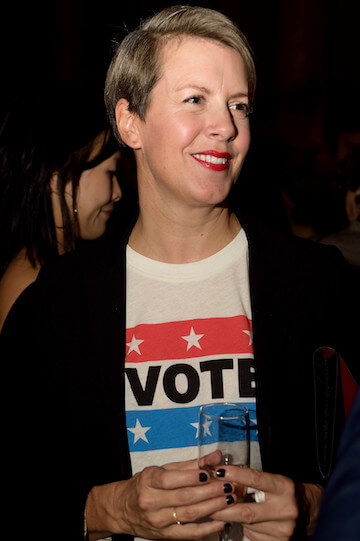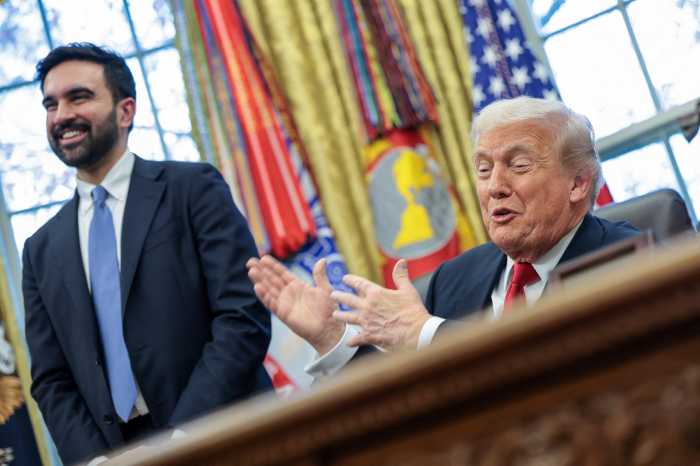A defamation, breach of contract, and discrimination lawsuit brought against the Lesbian, Gay, Bisexual & Transgender Community Center, two of its employees, and two other individual defendants by the founder of the right wing #WalkAway movement and two of his colleagues was dismissed by a state judge.
“We are deeply gratified that the Court recognized the WalkAway suit as the legally baseless nonsense it was,” J. Remy Green, a partner at Cohen & Green who represented Gordon Beeferman and Jason Rosenberg, the two individual defendants, wrote in a statement. “It is unfortunate, however, that New York lacks a robust mechanism to shift the costs of suits like this to the people who bring them and the lawyers who give the terrible advice that leads to filing them.”
In a July 1 decision, Judge Kathryn Freed, who presides in Manhattan Supreme Court, dismissed all six counts of the lawsuit that Brandon Straka, the founder of the #WalkAway movement, and Youtube influencers Mike Harlow and Blaire White brought against The Center, Glennda Testone, its executive director, Gabriel Farofaldane, a Center staffer, and Beeferman and Rosenberg.
The #WalkAway movement urges Democrats to abandon that political party and join the Republican Party. Straka, who is gay and founded the movement in 2018, gained widespread attention in conservative media and on social media outlets in 2018 and 2019. He also produced a series of town hall meetings that were intended to carry the movement’s message to a broader audience.
In 2019, he booked space at The Center for a town hall with Harlow, who is gay, White, who is transgender, and Rob Smith, who is gay and was a leading advocate for ending the ban on lesbian and gay people serving in the military. Smith did not join the lawsuit.
Straka signed a contract with The Center and paid a $650 rental fee. Following a community outcry, which included an open letter that harshly characterized the plaintiffs, The Center cancelled the event and returned the fee to Straka.
The plaintiffs sued last year charging that the cancellation was a form of discrimination based on their sexual orientation and gender identity. The open letter, a Rosenberg tweet, and The Center’s cancellation notice were defamatory, they alleged.
Freed dismissed the discrimination claims saying the plaintiffs had not met the legal standards required for such charges and had contradicted themselves by asserting that The Center had “used its policies as a pretext, or cover, for not wanting to permit one of their own to express controversial views” in their amended complaint.
“Because this documentary evidence flatly contradicts the amended complaint’s allegations, this Court concludes that plaintiffs have failed to plead facts to demonstrate that defendants denied them the use of [The Center’s] location because of their sexual or gender identities,” Freed wrote.
The defamation claims against Testone, Farofaldane, and The Center arising from the town hall cancellation notice, which was posted on The Center’s website and Twitter account, were dismissed because “the amended complaint does not allege that Farofaldane had anything to do” with that notice and “the amended complaint does allege that Testone ‘issued’ the statement,” but “the printouts of those two documents belie that allegation, since Testone’s name does not appear anywhere on either of them.”
Freed also concluded that any objectionable material in the cancellation notice was a matter of opinion, which is protected speech, as opposed to a false statement of fact, which can be the basis for a defamation claim.
The defamation claims against Beeferman and Rosenberg were also dismissed. In a single tweet, Rosenberg charged that the plaintiffs had used “queer slurs.” Green filed a large number of documents showing that the plaintiffs had used terms like “gaystapo,” “leftist crap,” and many variations of anti-transgender slurs.
“This Court finds that the individual defendants have demonstrated, by documentary evidence, that the assertion in Rosenberg’s March 19, 2019 Tweet, that ‘panelists have used queer slurs,’ was a true statement,” Freed wrote. The truth is an absolute defense in a defamation lawsuit. While Freed wrote that Beeferman’s descriptions of the plaintiffs were “ungenerous personal characterizations,” they were “expressions of opinion that are protected by the First Amendment.”
A cyberbullying claim was dismissed because New York law does not create a cause of action for such claims. The breach of contract claim was dismissed because “[T]hese allegations do not allege a ‘unilateral cancellation without prior notice and without valid reason;’ indeed, they appear to indicate the opposite.”
Freed also noted that the plaintiffs had failed “to produce the alleged contract or to plead which of its terms were breached and how.”
When Gay City News called Straka for comment, he had not yet learned that the case was dismissed and declined comment. Gay City News emailed a copy of the decision to him and asked for comment. The Center and its lawyer did not respond to requests for comment.
Green had asked for sanctions against Straka and his attorneys for filing a frivolous lawsuit, but Freed denied that motion.
“At the end of the day, the Court’s reluctance to find the case frivolous — despite suing under a non-existent cause of action, filing uncited plagiarized papers, and by and large not engaging with the arguments actually being made — shows the need for New York to pass the anti-SLAPP bill languishing in the legislature,” Green wrote. SLAPP lawsuits, or a strategic lawsuit against public participation, are filed to attack activists with court costs and the threat of an expensive judgment to deter public action.
Beeferman, Rosenberg, and Green have created a GoFundMe page to defray their legal expenses. It raised over $2,000 in its first few hours.

